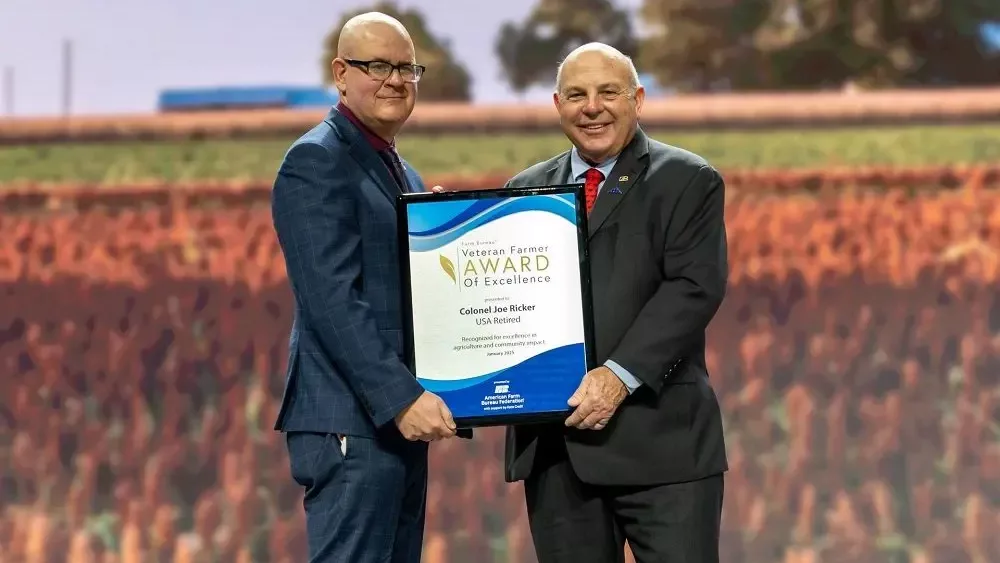
USDA has released details of $470 million in Section 32 food purchases as part of funding from the CARES Act. This will allow USDA to purchase surplus food for distribution to communities nationwide. Some of those are Michigan products such as asparagus, dairy products, pork, and tart cherries.
“Coronavirus has had a negative impact on Michigan producers and producers across the country,” said John Kran, Michigan Farm Bureau National Legislative Counsel. “[That’s] on top of the uncertainty already faced in the farm economy at this time. This is welcome news—we’re glad to see that some of the things we grow and raise in Michigan are included on the list.”
Section 32 has been around since the 1930s. It’s a program Michigan specialty crop producers have used frequently when there’s a surplus of product on the market.
“This announcement is on top of the coronavirus response that’s outlined in the CARES Act,” said Kran. “[USDA is] using several tools in the toolbox to help make sure people get the food they need and we can clear up some excess inventory as we go into the growing season.”
Farmers won’t directly receive payments. USDA is connecting directly with processors or packagers who have put in a bid to be part of this program.
“USDA will accept the bids—companies that have earned the bids will get the business,” said Kran. “It doesn’t necessarily go right to the farmer—it’s helping to move products through the supply chain from the processor side. By moving product out of inventory or even during the growing season, it’ll help provide an additional guaranteed buyer for the product so it should help the entire industry.”
For industries like asparagus and tart cherries who face pressure from foreign markets, Kran said these funds won’t help the problem in the long term.
“Those are ongoing issues we’re going to continue to work on with those industries and our elected officials to make sure that the playing field is leveled,” he said. “This is meant to be a tool that can help take some of the pressure off in the meantime.”
These purchases will happen during the third quarter of fiscal year 2020.





